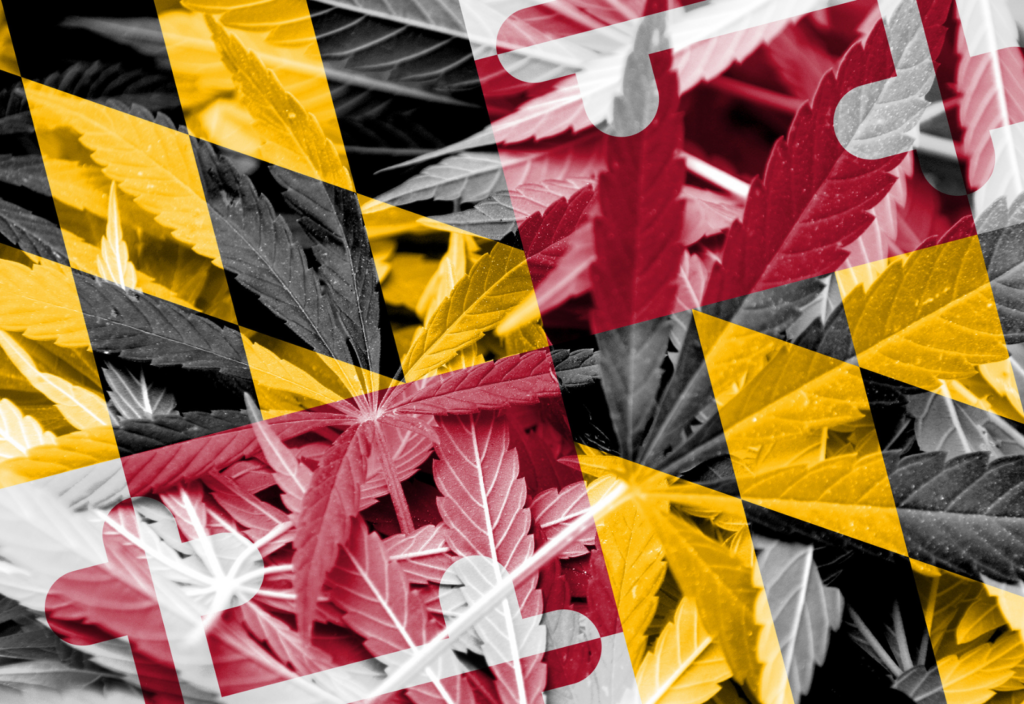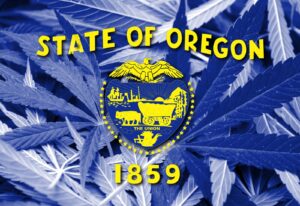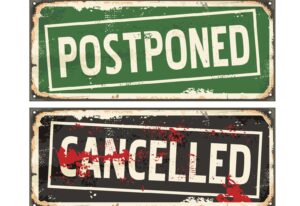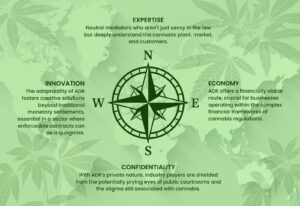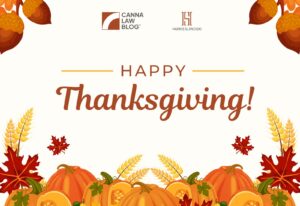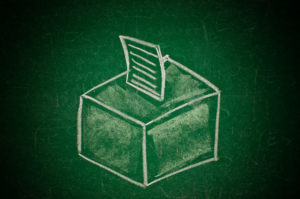Maryland recently became the latest state in the United States to legalize adult-use cannabis, joining an ever-growing club. Following a 2022 referendum, the Maryland General Assembly passed a cannabis reform act (cross-filed as House Bill 556 and Senate Bill 516) that authorizes the the sale of cannabis from licensed dispensaries to adults starting on July 1, 2023. In line with other Northeastern states such as Connecticut, Delaware, and New Hampshire, legalized activities in Maryland are subject to a personal use amount, equal to 1.5 ounces of flower, 12 grams of concentrated cannabis, or an amount of cannabis products that does not exceed 750 mg THC.
Cannabis sales will be subject to a tax of 9%. For a state some associate with the slogan “if you can dream it, we can tax it”, this seems a relatively modest levy. Those Marylanders who wish to skirt the tax will have the option of legally growing cannabis at home, provided it is out of public view. The maximum cultivation amount is two plants per household. Registered medical cannabis patients can grow up to four plants. Pursuant to the legal changes, Maryland will also establish a mechanism for expungement of convictions involving possession of less than 10 grams of cannabis. While only possession of 1.5 ounces or less will be legalized, possession of up to 2.5 ounces will only be subject to a civil fine and not criminal prosecution.
The new law establishes a licensing framework for persons wishing to operate a cannabis business. As has been the case with medical cannabis, licenses will be provided for growers, processors, and dispensaries. The law caps the number of licenses that can be awarded, establishing separate limits for standard licenses and micro licenses. Provided certain conditions are met, Maryland will allow those with medical cannabis licenses to convert them to licenses that also allow adult-use cannabis activities.
Micro license holders will have the option of operating with licensed incubator spaces. In the case of dispensaries, a micro license allows the operation of a delivery service, without a physical storefront and with no more than ten employees. Licenses will also be available to operate on-site consumption facilities. These establishments may not allow tobacco smoking or alcohol consumption within the premises. This seems at odds with the claim that on-site consumption facilities will “more closely resemble bakeries or coffee shops than smoke lounges.” This is not because cigarettes and booze are common at bakeries and coffee shops nowadays, but because the expected impact of the rules will be to attract only cannabis users, resulting in environments that will hardly resemble a Panera or Starbucks.
This quibble aside, Maryland’s move represents another positive step forward when it comes to cannabis in the Northeast, which has quickly established itself as a legalization stronghold. We hope that more states will continue to emulate Maryland and its Northeastern brethren, abiding by the Bay State motto, Fatti Maschii Parole Femine, the politically correct rendering of which in English is “strong deeds, gentle words”.










